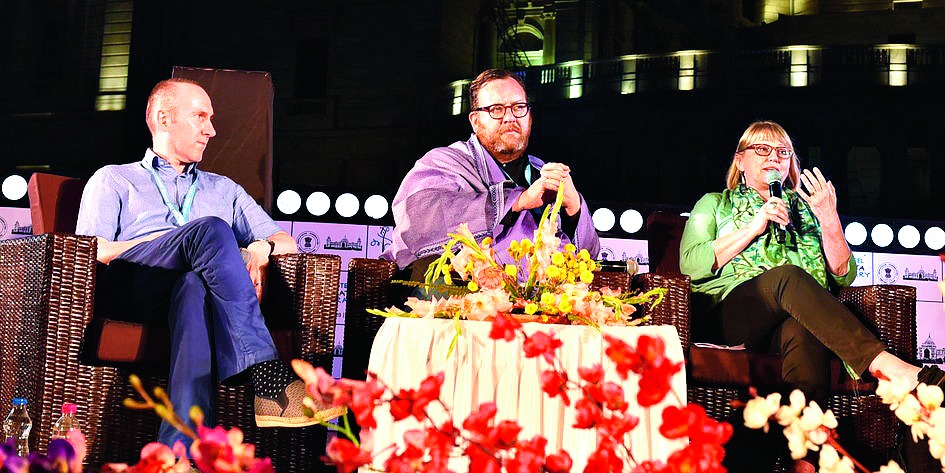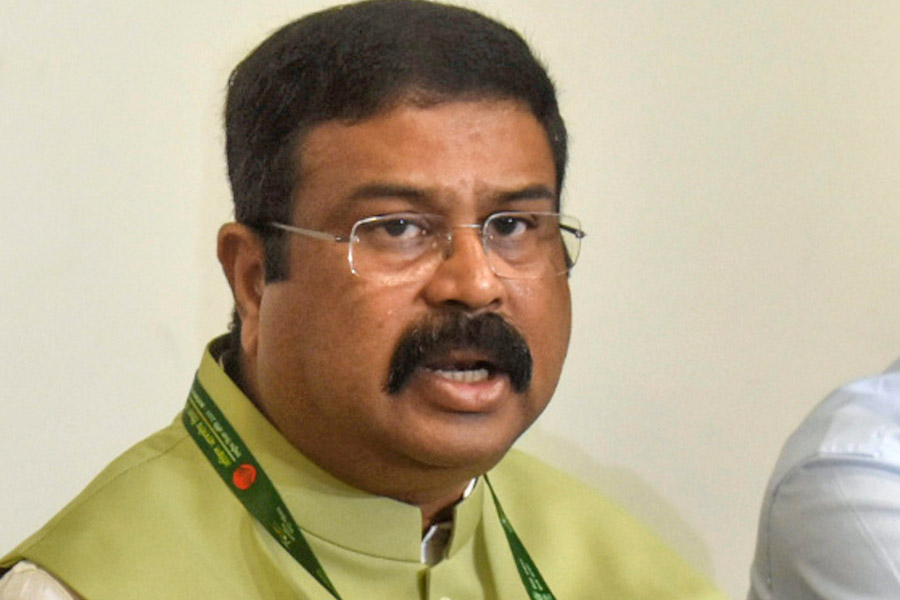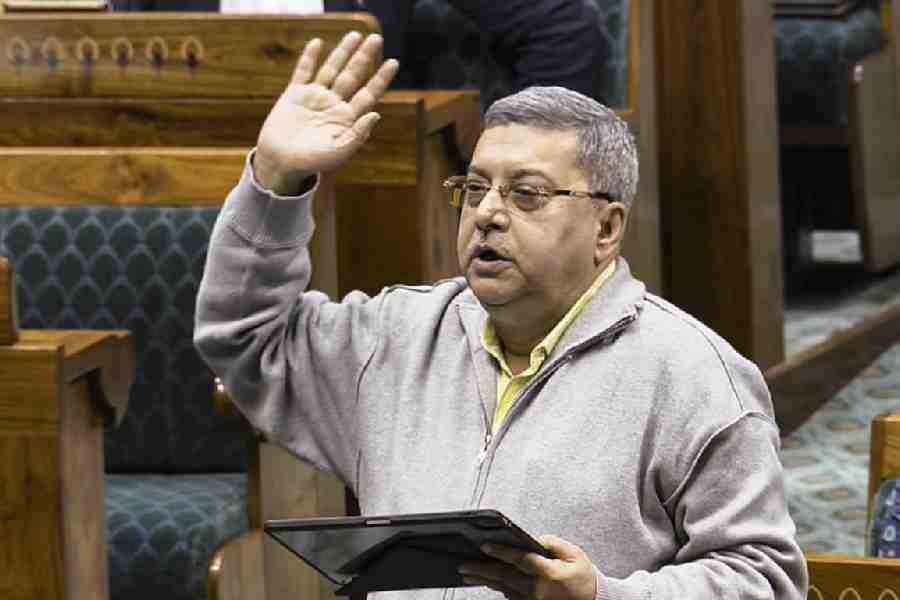
Jan. 25: Does Brexit have anything good for the arts, moderator Pradeep Guptoo had asked with some hope in his voice.
It was shattered by a resounding "No" from Philip Hensher, English novelist, critic and journalist, who was part of the panel at today's Kalam session titled Brexit and the Arts.
Hensher, who teaches creative writing at Bath Spa University, said the apparent fallout of Brexit, "nationalism, closing down of borders appear to be arrow shafts pointed at the heart of literature", for literature is about the lives of others.
With Hensher on the panel were Stephen Kelman, another English novelist, whose first novel Pigeon English was shortlisted for the 2011 Man Booker Prize, and Alexandra Buchler from Literature Across Frontiers, a European platform for literary exchange, translation and policy debate at Aberystwyth University, Wales.
Kelman, saying he is married to a brown, said Brexit surprised many like him because artists and creative people have "conversations that reinforce what we believe". It leaves out people "who we consider uncultured". But there would be a "fightback", he said, when people realised such a decision could deny them "access to stories, to literatures".
The uncertainty that Brexit has created in the lives of EU citizens in Britain will not be good for art. Nor will the idea of the visa clampdown for students who want to study in Britain, the panel thought.
Buchler, born in Prague, has lived in Britain for 30 years and was "deeply wounded by the Brexit vote". But late in her life, she said, she realised she had "completely misunderstood the country".
She drew attention to facts about Brexit that need to be checked - the promise that it would generate 350 million pounds a week. This was an impossibility, Hensher agreed. Buchler said though the vote for Britain's exit won by a margin of 4 per cent, if the actual number of voters is taken into account, only 37 per cent of Britain voted for it.
But even Hensher hoped. Brexit is a horrible message, but time may prove it to be a trivial decision, he said.
The session ended on a jolly note when at the mention of Nigel Farage's role in Brexit, Hensher quoted Samuel Johnson, saying: "Patriotism is the last refuge of the scoundrel."











